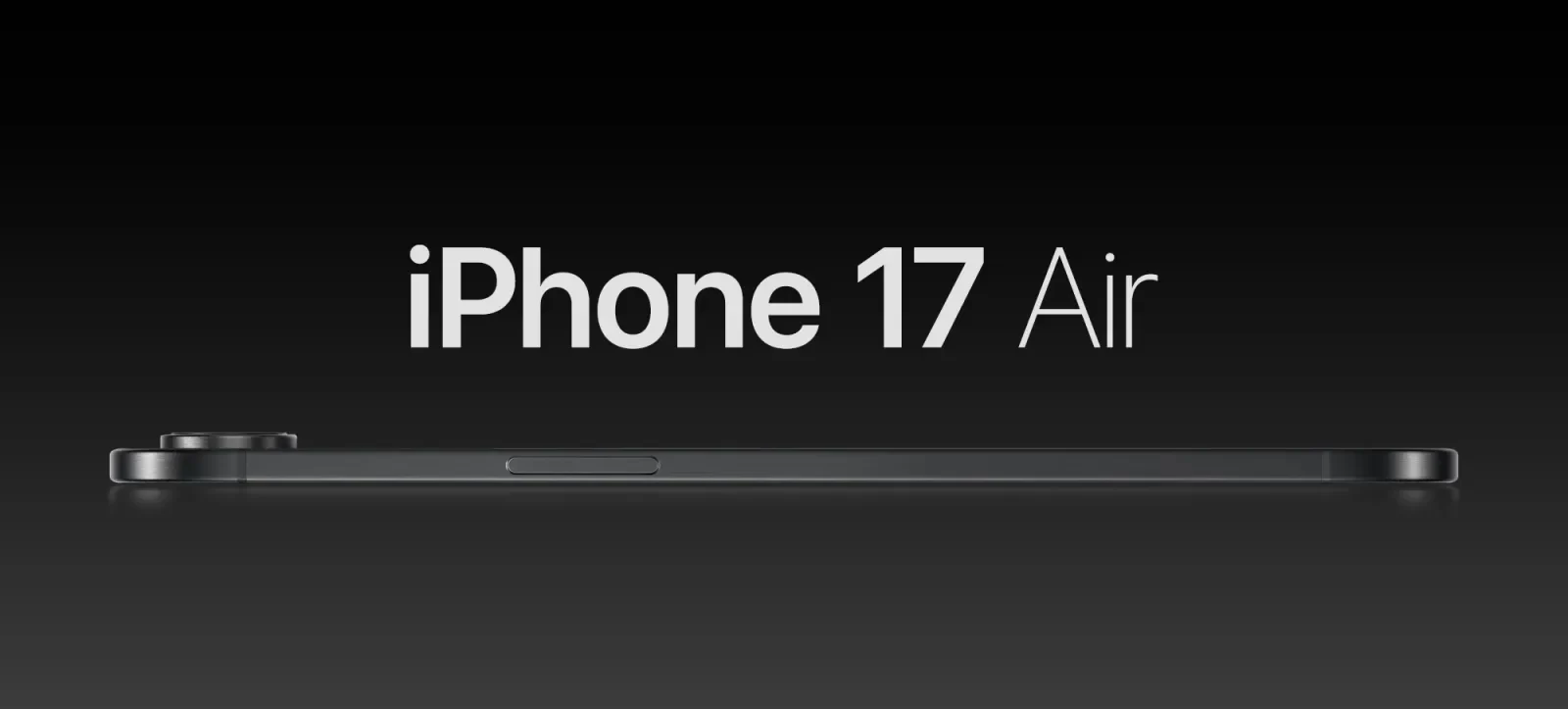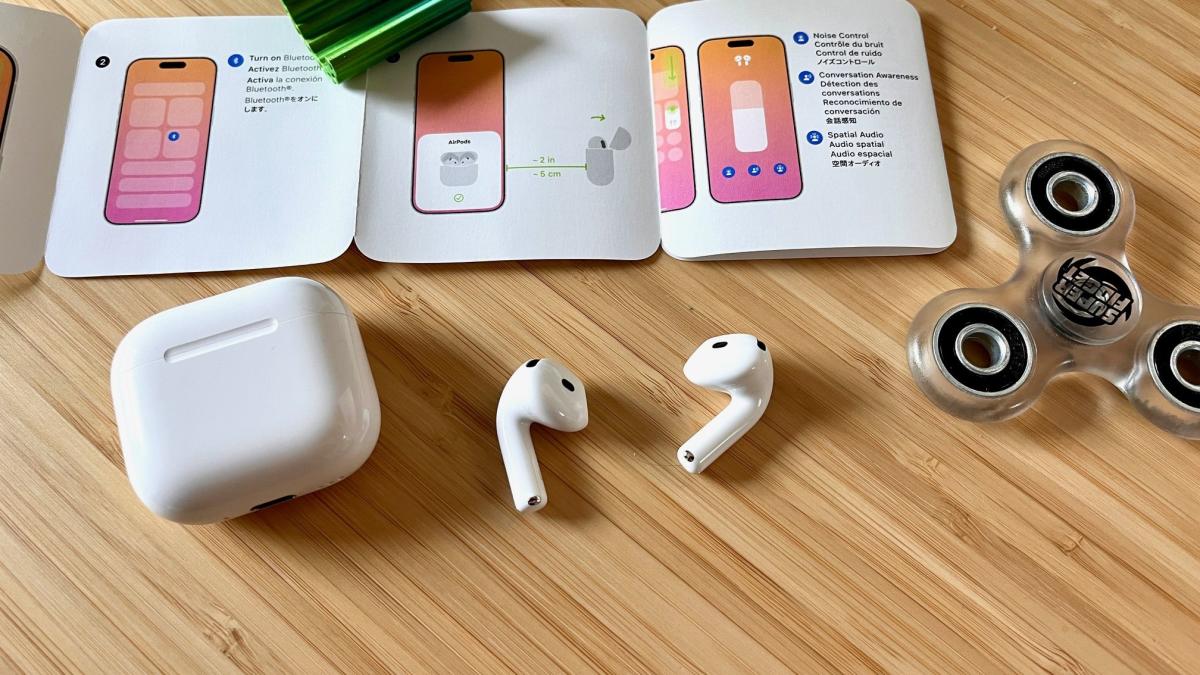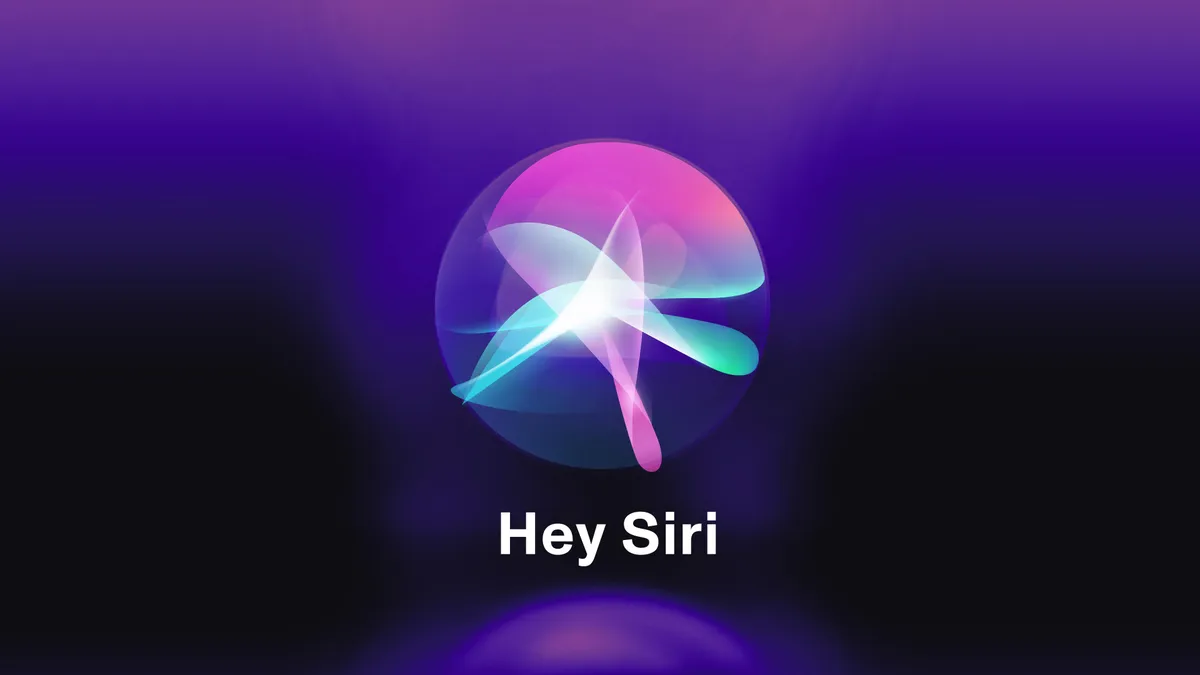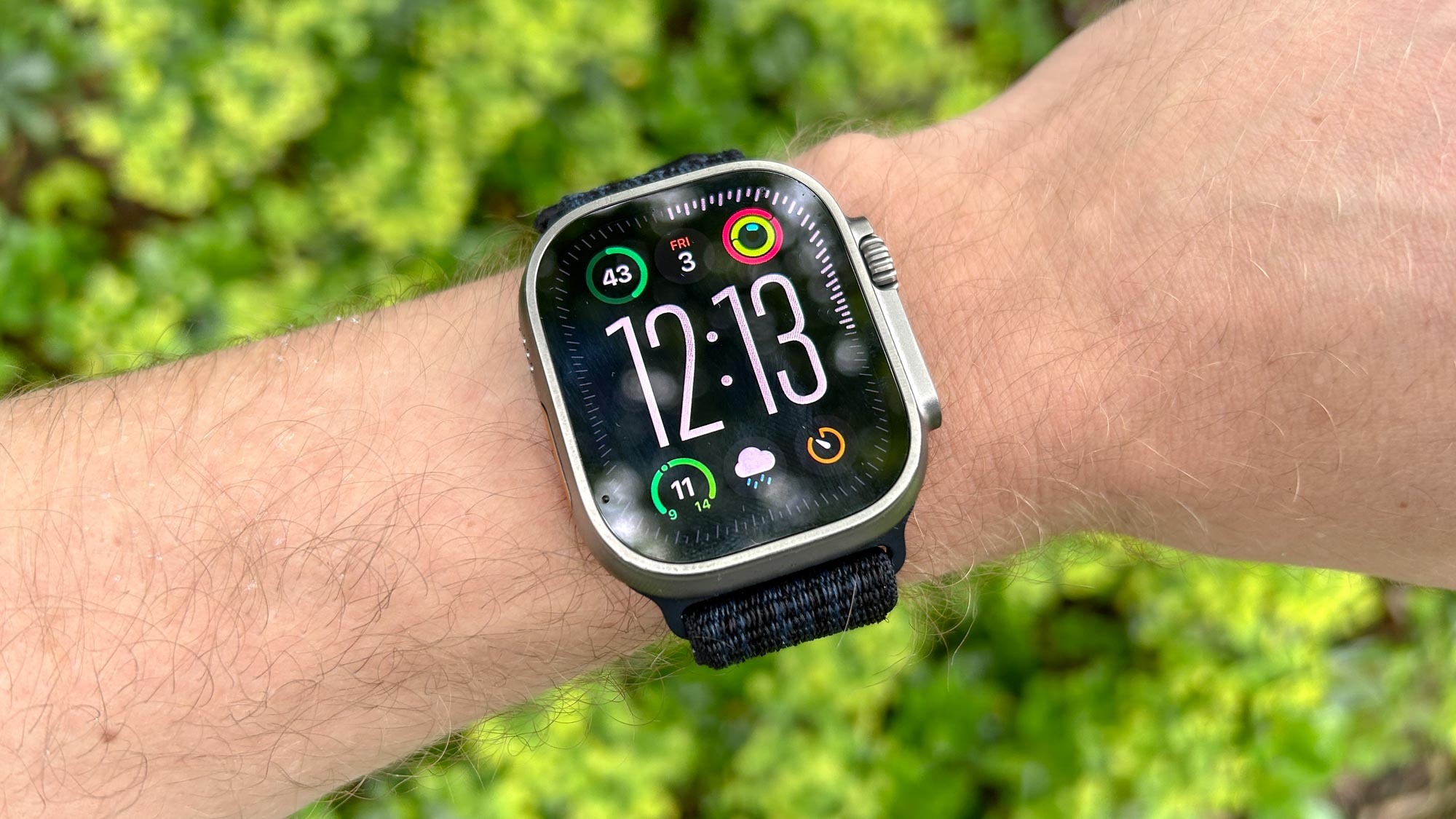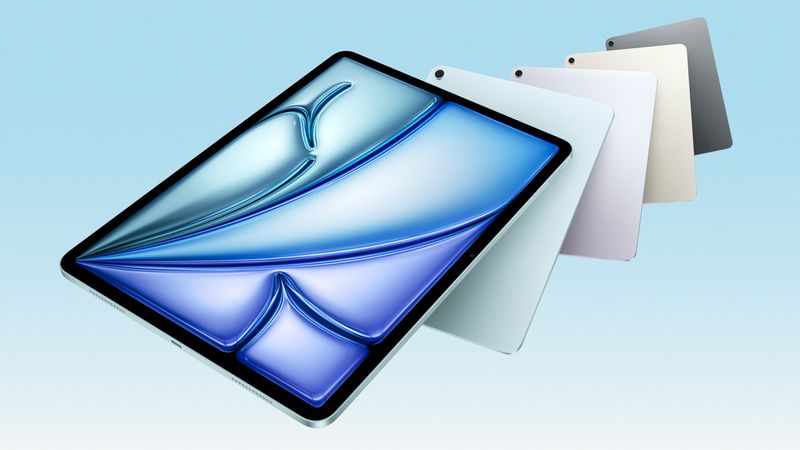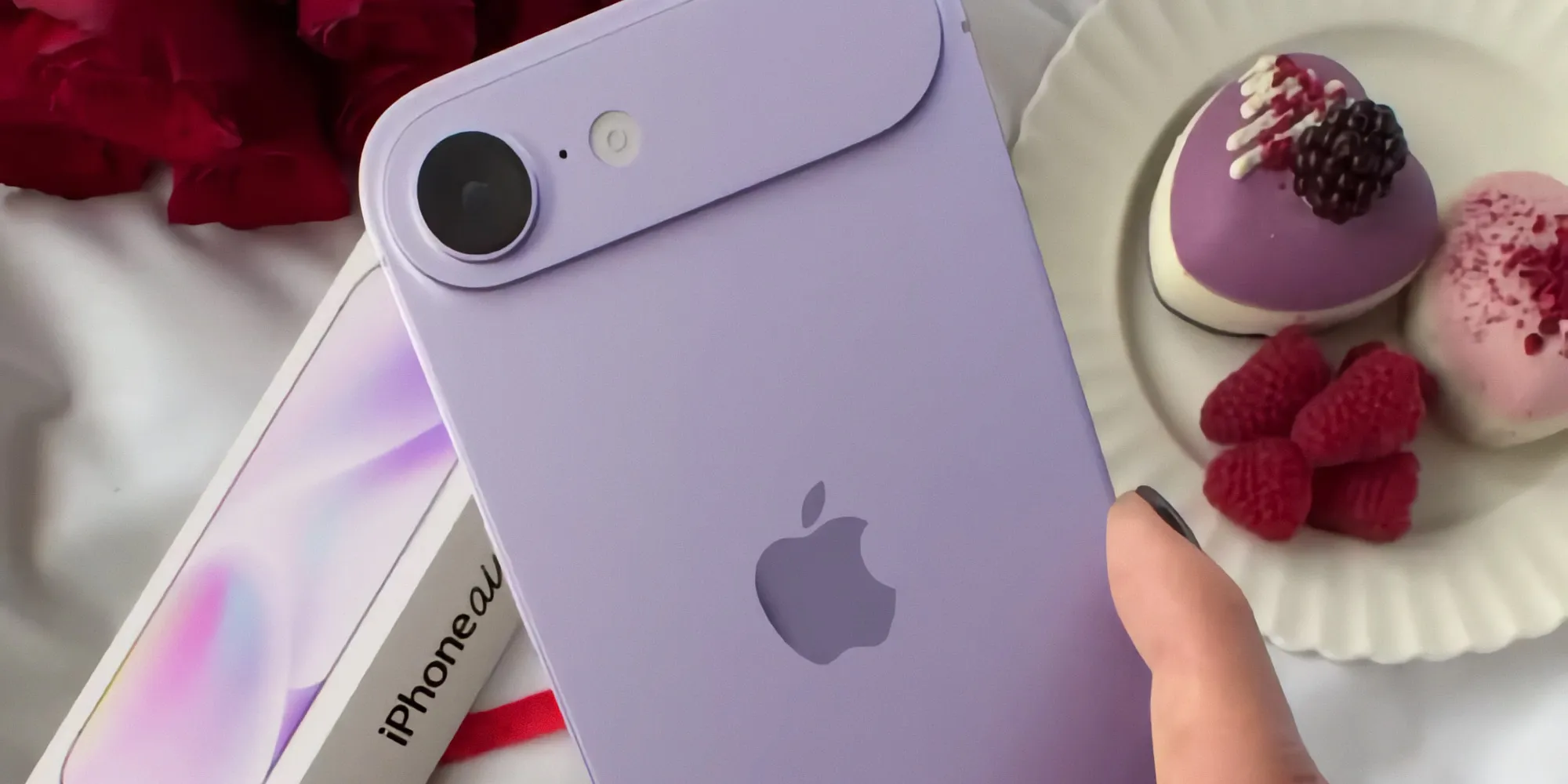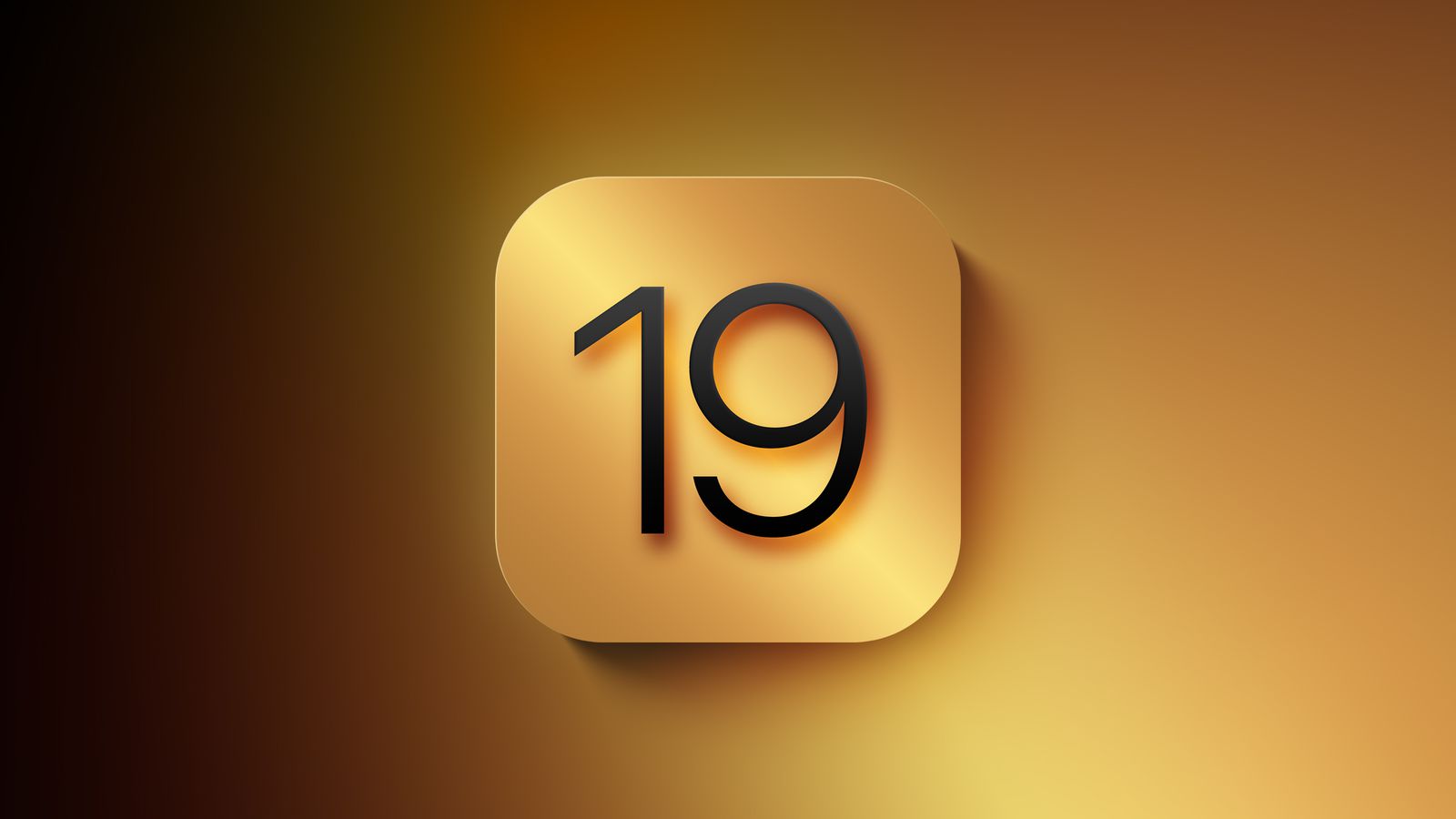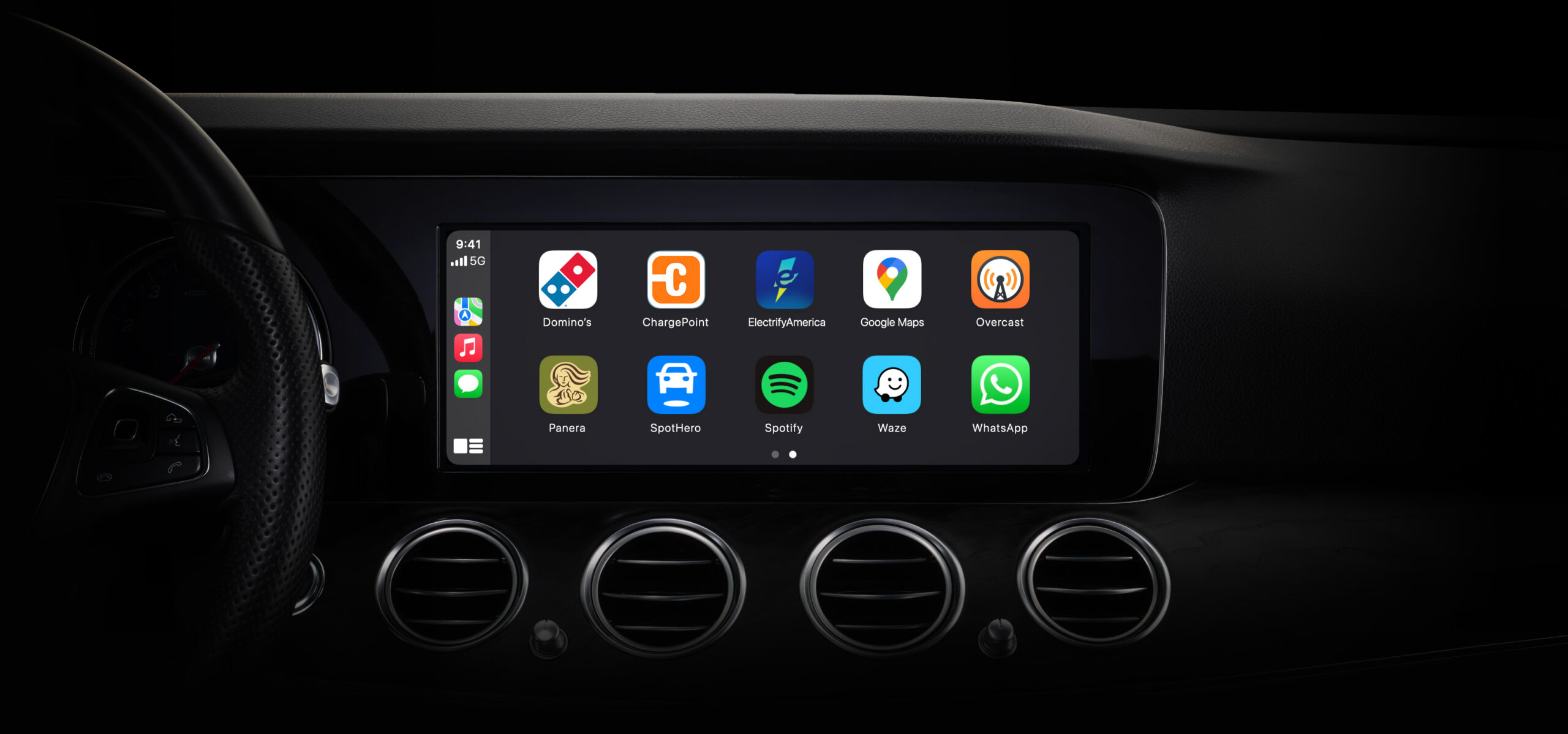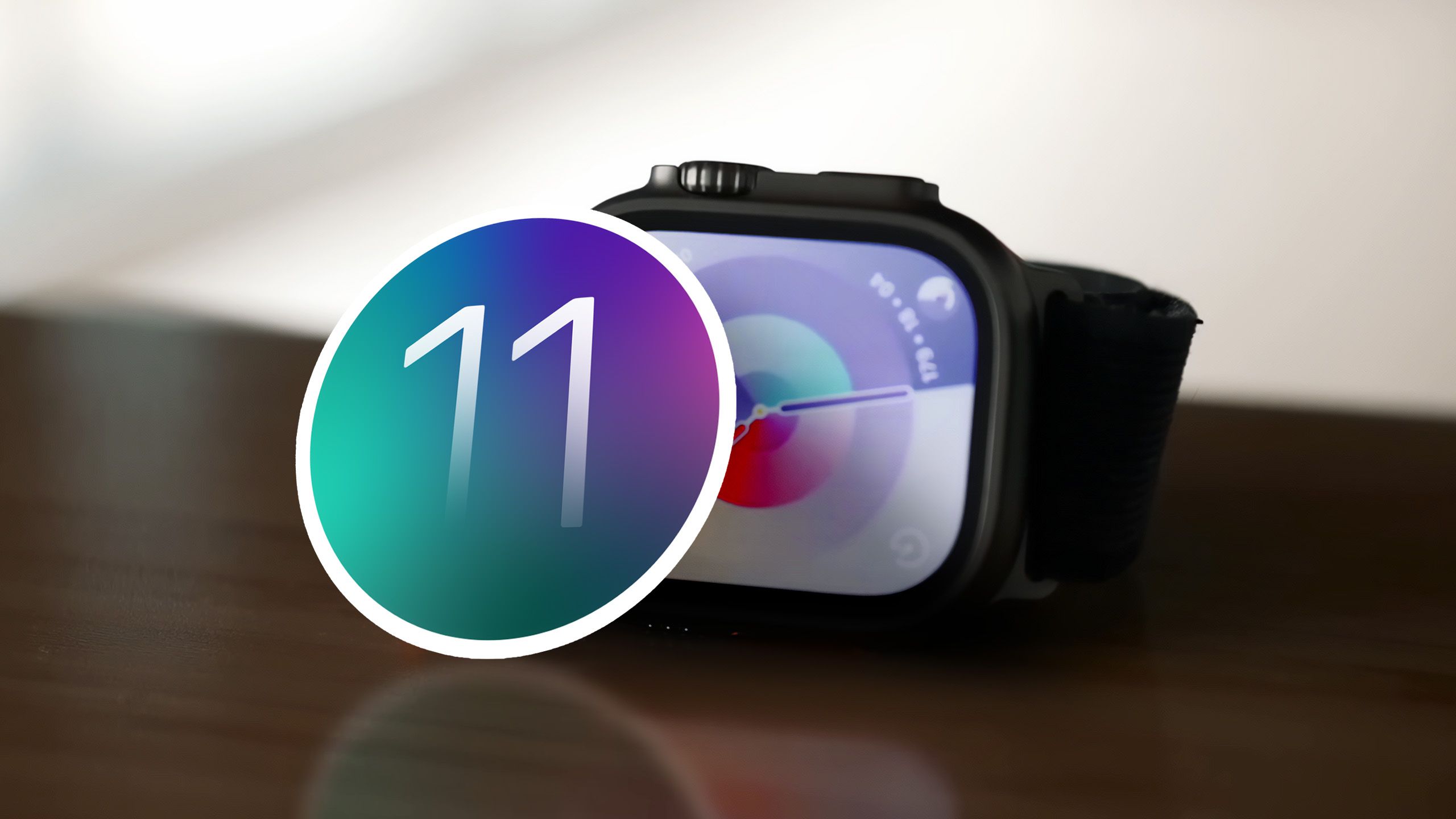Apple is making some big moves behind the scenes. The company has replaced the leader of its secret robotics team with Alan Dye, who is known for designing Apple’s software interfaces like the Apple Watch and iPhone. This team was previously led by Dave Scott, who has now left the company. The group focuses on smart home robots, including a robot that can follow you around and a tabletop device with a moving display.
This leadership change shows Apple is still serious about entering the home robotics space, even after canceling its electric car project. Some experts believe that Alan Dye’s design experience could help make these robots feel more natural and user-friendly.
At the same time, Apple is also getting ready to launch around 15 new products later this year. According to Bloomberg, these include new iPhones, the Apple Watch Series 10, updated iPads, and new MacBooks. A refreshed version of the Apple Vision Pro mixed reality headset is also expected to arrive, along with updates to AirPods and accessories like cases and Apple Pencil.
Together, these changes suggest that Apple is planning a major push in both software and hardware, aiming to stay ahead in the tech world with smart design and innovation.

